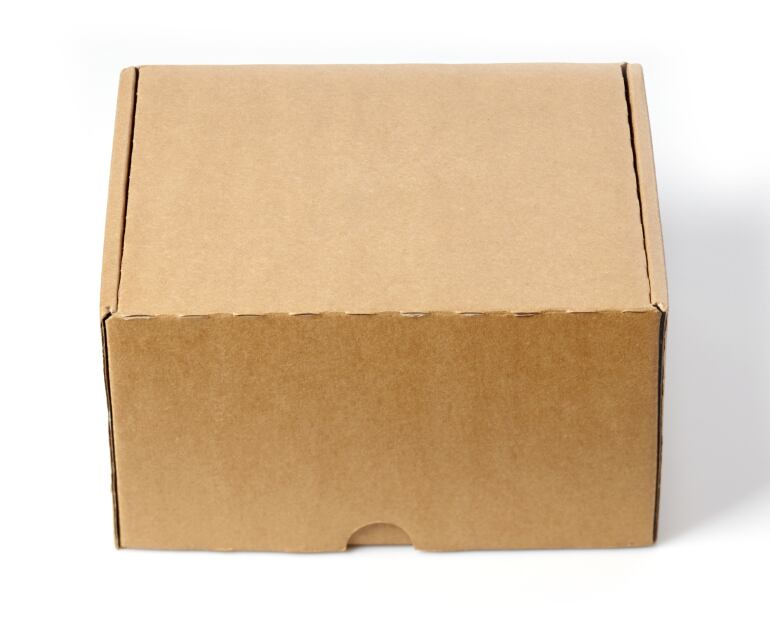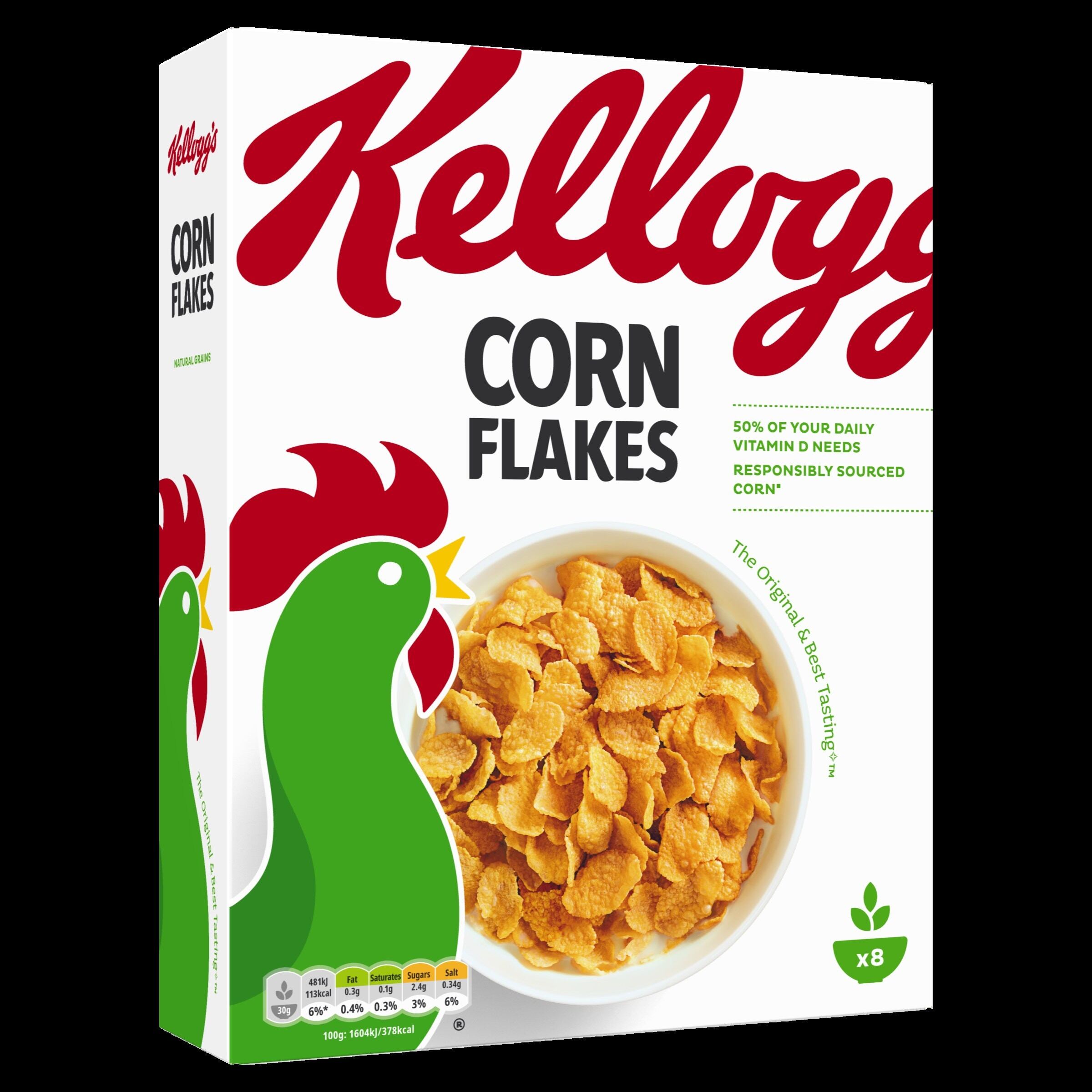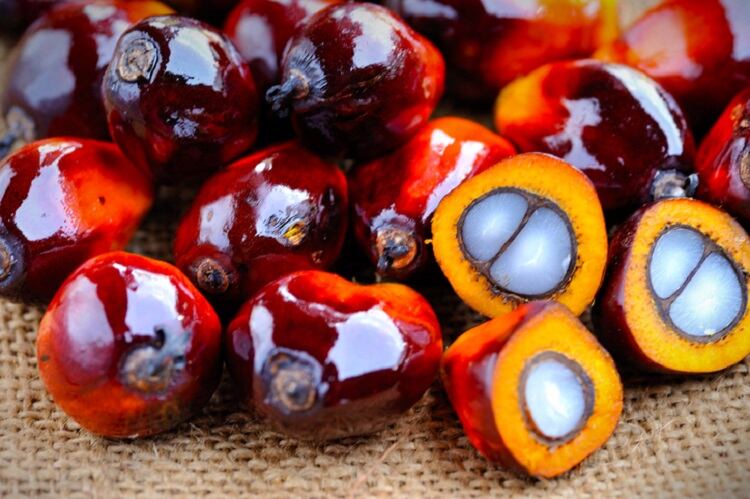Food boxes have a much lower overall carbon footprint than the same meals purchased at a shop, despite having more packaging, according to researchers from the University of Michigan who assessed relative greenhouse gas emissions of meal kits compared with grocery store meals.
The research, published in the journal Resources, Conservation and Recycling, discovered that average greenhouse gas emissions were one-third lower for meal kit dinners than the store-bought meals when every step in the process -- from the farm to the landfill -- was considered.
It said the pre-portioned ingredients and a streamlined supply chain lower the overall food loss and waste for meal kits compared to store-bought meals.
"Meal kits are designed for minimal food waste," said Shelie Miller of the U-M Center for Sustainable Systems in the School for Environment and Sustainability, senior author of the study.
"So, while the packaging is typically worse for meal kits, it's not the packaging that matters most," Miller said. "It's food waste and transportation logistics that cause the most important differences in the environmental impacts of these two delivery mechanisms."
The findings back claims made the key players in the UK meal kit market. Hello Fresh claims its service helps people to reduce their carbon footprint and protect the environment. “We focus on locally sourcing ingredients,” its website says. “By reducing the distance ingredients have travelled, you can lower the CO2 emissions caused by your weekly food basket.”
“Secondly, our delivery service also reduces carbon emissions. Each one of our delivery vans can deliver food bags to around 50 customers a week and we optimize the route planning to make sure that the delivery vehicle travels the shortest distance. If you compare the carbon footprint of the vehicle's delivery route with the emissions associated with 50 individual shopping trips, there is a significant saving in terms of CO2 released.”
Food box companies are also taking steps to reduce their environmental impact. Mindful Chef aims is to be plastic-free by 2020. Gousto has pledged to reduce the plastic in its boxes by 50% by the end of 2019.
Grocery meals 'cause higher household food waste'
The US study said that generally speaking, meal kits contain large amounts of packaging but less food per meal due to pre-portioning. Grocery meals have less packaging per meal, but larger quantities of food must be purchased, leading to higher household food waste.
"We took a close look at the tradeoff between increased packaging and decreased food waste with meal kits, and our results are likely to be a surprise to many, since meal kits tend to get a bad environmental rap due to their packaging," said Miller.
"Even though it may seem like that pile of cardboard generated from a Blue Apron or Hello Fresh subscription is incredibly bad for the environment, that extra chicken breast bought from the grocery store that gets freezer-burned and finally gets thrown out is much worse, because of all the energy and materials that had to go into producing that chicken breast in the first place.”
Source
'Comparison of Life Cycle Environmental Impacts from Meal Kits and Grocery Store Meals'
ScienceDirect
DOI: https://doi.org/10.1016/j.resconrec.2019.04.008
Authors: Brent R.Heard, Mayur Bandekar, Benjamin Vassarc, Shelie A. Miller





